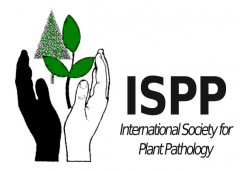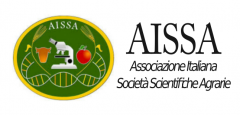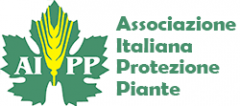FIRST REPORT ON ISOLATION OF SOFT ROT PECTOBACTERIUM CAROTOVORUM subsp CAROTOVORUM FROM SYMPTOMLESS BITTERSWEET NIGHTSHADE OCCURING IN RURAL AREA IN POLAND
J. Fikowicz-Krosko, K. Wszalek-Rozek, A. Smolarska, R. Czajkowski
doi: 10.4454/jpp.v99i1.3772
Abstract:
In the summer of 2016, specimens of bittersweet nightshade (Solanum dulcamara L.), growing in natural habitats in Northern Poland were surveyed for the presence of pectinolytic bacteria. Plants were homogenized in 1⁄4 strength Ringer’s buffer supplemented with 0.02% sodium diethyldithiocarbamate trihydrate and extracts plated on Crystal Violet Pectate (CVP). After 48 h incubation at 28°C, cavity-forming isolates were purified on Tryptone Soya Agar (TSA). Four strains named SDIV1, SDIV4, SDIV5 and SDIV15 gave a 434 bp product in Pectobacterium spp.- specific PCR (Darrasse et al., 1994) and a 550 bp product in P. carotovorum subsp. carotovorum (Pcc)- specific PCR (Kang et al., 2003) but were negative in Dickeya spp.-, P. atrosepticum- , P. wasabiae-, and P. carotovorum subsp. brasiliensis- specific PCRs. They were Gram(-) rods, facultative anaerobic, catalase positive, oxidase and indole negative, produced acid from trehalose, lactose and raffinose and grew in TSB + 5% NaCl. All four strains caused soft rot on potato slices after 48 h incubation at 28°C. BlastN analysis of a 1388 bp 16S rDNA sequence of all 4 strains [GenBank accession Nos. KX856049 (SDIV1), KX856050 (SDIV4), KX856051 (SDIV5) and KX856052 (SDIV15)] indicated a 99% similarity to the 16S rDNA of P. carotovorum subsp. carotovorum strain RY29 (KC790297.1). This is the first report on isolation of P. carotovorum subsp. carotovorum from S. dulcamara plants. Isolation of Pcc in summer suggests that Pcc might overwinter in close association with S. dulcamara. So far, S. dulcamara was not reported to be an alternative host for Pcc.




